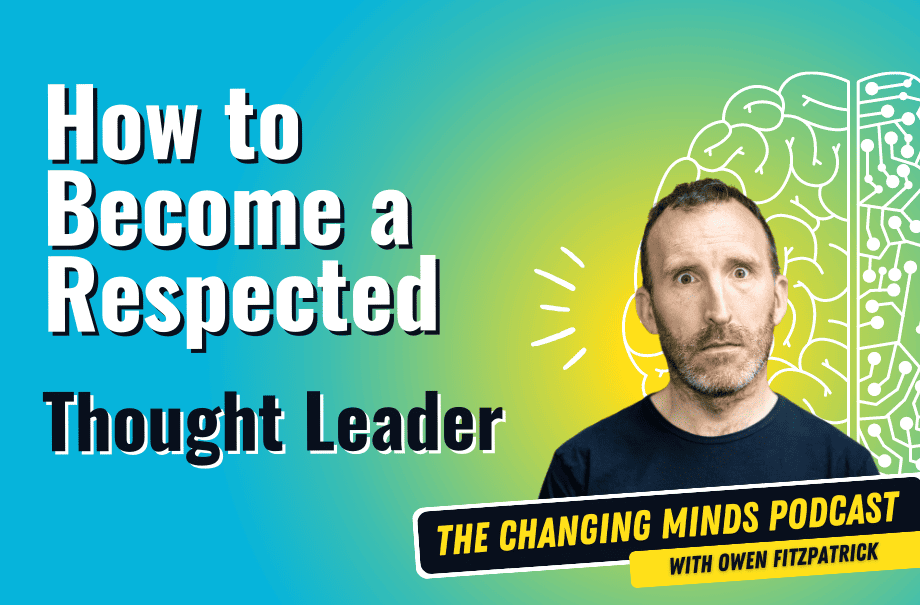The next episode of the work of series is on Nancy Duarte again. This time I look at her books Slideology, The HBR Guide to Persuasive Presentations and Illuminate (with Patti Sanchez).
SLIDEOLOGY
History of Visual Presentations
Cave Paintings to Overhead Projector (1945)
Powerpoint 1987
Presentations
High stakes Internal and External Presentations
Message, Visual Story and Delivery
A lot of time to prepare a Presentation
Responding to Audience Needs
- What are they like?
- Why are they here?
- What keeps them up at night?
- How can you solve their problem?
- What do you want them to do?
- How might they resist?
- How can you best reach them?
Innovate with Sticky Notes
Sketching ideas – explains how to
Use Diagrams
Sketch Scenes
Classify Diagrams
Abstract:
Flow
Structure
Cluster
Radiate
Realistic
Pictorial
Display Data
Displaying Data
Data slides about the meaning of data
Tell the truth (know your stuff)
Get to the point (clear about conclusions)
Pick the right tool for the job (Pie, Bar, Line charts)
Highlight what’s important (Background, Data, Emphasis)
Keep it simple
Think like a designer
Slides
Arrangement: contrast, hierarchy, unity, space, proximity, flow
Visual elements: background, color, text, images
Movement: timing, pace, distance, direction, eye flow
Placement
Contrast: identify main point quickly
Flow: how information is processed
Hierarchy: relationship between elements
Unity: structure of information
Whitespace: breathing room
Proximity: meaning from location
Visual Elements:
Background,
Color,
Text,
Images
Dark Background
Formal
Bad handout
Large venues
Objects can glow
Light background
Informal
Has a bright feeling
Smaller venues
Test
3 second rule
Fonts
Less words
typeset text when photos
Not crazy with bullets after bullets
Photography and Illustration
Illustrate complex stories
Successful handoff
Give them time
Let them be experts
Be Decisive
Animation serves a purpose
Movement for change
Build strong templates
10 slides 20 minutes 30 points font minimum
Use different visual aids depending
Main things to remember
Audience is king
Spread ideas and move people
Design not demonstration
Help see what you’re saying
Cultivate healthy relationships
HBR Guide to Persuasive Presentations
Introduction
1. Audience
Understand the Audience’s Power
Give hero gift of value, tool, unstuck
Segment the Audience
Pick the one type of person in the room with the most influence, and write your presentation as if just to that subgroup.
Get to Know Your Audience
- What are they like?
- Why are they here?
- What keeps them up at night?
- How can you solve their problems?
- What do you want them to do?
- How might they resist?
- How can you best reach them?
Define How You’ll Change the Audience
Map out that transformation
Find Common Ground
- Shared experiences:
- Common goals
- Qualifications
2. Message
Define Your Big Idea
- Your point of view
- What’s at stake
Generate Content to Support the Big Idea
Anticipate Resistance
- Logical resistance
- Emotional resistance
- Practical resistance
Share your big idea with others and ask them to pressure-test it.
Amplify Your Message Through Contrast
Create and resolve tension
Build an Effective Call to Action
Choose Your Best Ideas
Organize Your Thoughts
Balance Analytical and Emotional Appeal
Lose the Jargon
Craft Sound Bites
3. Story
Apply Storytelling Principles
- Stories involve transformation
- Stories have a clear structure:
Create a Solid Structure
Craft the Beginning
Develop the Middle
Make the Ending Powerful
Inventory of Personal Stories
- Important times in your life:
- Relatives:
- Authority figures:
- Peers:
- Subordinates:
- Enemies:
- Important places:
- Things you cherish:
- Things that have hurt
Use Metaphors as Your Glue
Create STAR moments
Shocking statistics
Evocative visuals
Memorable dramatization
Emotive anecdote
4. Media
Choose the Right Vehicle for Your Message
Make the Most of Slide Software
Determine the Right Length for Your Presentation
Persuade Beyond the Stage
Before
During
After
5. Slides
Three second rule
Start with a clean surface
Limit your text
Coordinate visual elements
Arrange elements with care
Choose the Right Type of Slide
Storyboard One Idea per Slide
Flow
Contrast
White space
Hierarchy
Unity
Clarify the Data
Turn Words into Diagrams
6. Delivery
Rehearse Your Material Well
Set the Right Tone for Your Talk
Precommunication
Communicate with Your Body
Project emotion with your face
Peel yourself away from your slides
Make Your Stories Come to Life
Reexperience your stories
Get the Most out of Your Q&A
Build Trust with a Remote Audience
Place the camera at eye level
If you can, deliver your presentation standing rather than seated.
7. Impact
Build Relationship Through Social Media
Illuminate
Nancy Duarte & Patti Sanchez
Jobs, Howard Schultz, and Dr. Martin Luther King Jr. used to move people. Duarte and Sanchez lay out a plan to help you lead people through the five stages of transformation using speeches, stories, ceremonies, and symbols.
- Pattie great empathy
Leaders see the future
- Ability to anticipate what’s ahead, as if the future is illuminated. Light the path
- Constant reinvention
- empathetic storytelling skills, cope with change
Chapter 1: Leaders move others forward
- Leaders role, your role, is to light the way for your team through empathetic communications – to be a torchbearer
- Leaders Anticipate and shape future
- Most people don’t want disruption
- Change is hard
- Imagine each step along way
Map the stages of your venture
- Story structure
- Hero tested
- Torchbearers spring travelers into action
- Middle stages, Fight and Climb are tough
- End of one stage: speeches, stories and ceremonies to create galvanizing moments
Chapter 2 – Listen empathetically to light the path
- Leaders vision
Empathy creates solidarity
- Empathizing brings people closer together and makes them feel connected
- That connection builds support
- Care leads to higher motivation, productivity, and creativity, “emotional intelligence” is a core skill
Imagine yourself in your traveler’s place
- Imagine their thoughts moving from present to the future
- What will challenge them
- Imagine all the emotions your dream might evoke in your travelers
- How do they feel about the change?
- What will they need to do?
Chapter 3 – Torchbearers toolkit
- Deliver speeches
- Tell stories
- Hold ceremonies
- Use symbols
Chapter 4 – Dream
Chapter 5 – Leap
Chapter 6 – Fight
Chapter 7 Climb
Chapter 8 – Arrive
Chapter 9 – Redream
- Already redream when getting close
- All ventures part of bigger story
Conclusion – confessions of a torchbearer Nancy Duarte
- Ability to see the way and illuminate if for others find what sets you apart
- Usually, its more like dream, leap fight, climb fight, climb recommit, climb, fight arrive
Podcast: Play in new window | Download








